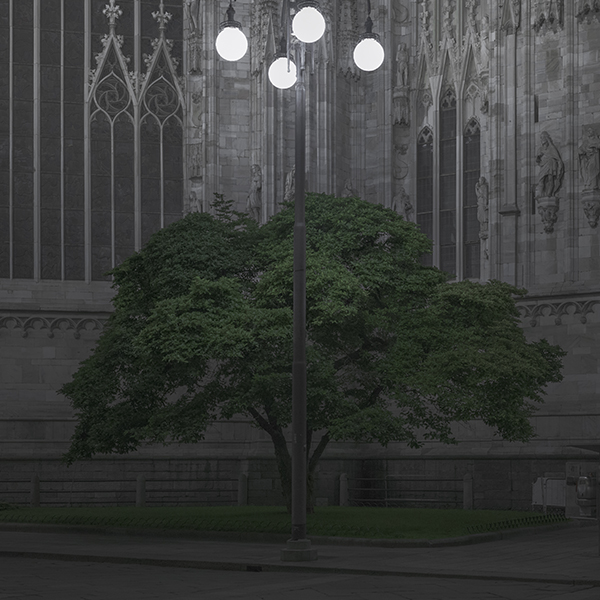by Alessandro Secciani
To make the stock markets fly you need a dream. Of course, the economy, international trade, a policy that provides aid, central banks that keep interest rates low are all fundamental elements, which may lead to good rises. But for the markets to soar, sometimes even against logic, you need a dream, something that attracts everyone’s attention and becomes a sort of collective psychosis. This is what happened at the end of the 1990s with the dot.coms, which were widely judged to be the companies that were going to change the world. It is what happened with the big technology companies in the United States and China in the past five years, which have risen although the pandemic massacred GDPs and brought the economy to a standstill. And now, is there a dream? Yes, no doubt about it, and it has a very precise name: ESG. It will ‘simply’ change the entire planet according to environmental, social and governance criteria, in fact a real revolution. The plan is to change the way we produce in every country on the planet, to eliminate the environmental damage that has caused global warming, to make energy renewable and with zero environmental impact, to eliminate the most serious inequalities in terms of gender, country, and culture, and to make companies a glass house. All this is symbolised by electric cars: by 2030 the world’s most important discretionary (but also business) consumer good should be battery-powered only and cause no emissions whatsoever. And the revolution seems to have already begun, if we consider that in a decade the world’s energy produced from oil has fallen from 44% to 33% and the black gold has seen a jump in prices substantially only because production has been brutally cut. 33% who still use energy from oil to survive are forced to pay any price. In other words, perhaps for the first time in history, some purely ethical elements have entered the markets and have been greeted with enthusiasm. Just look at how asset management companies are rushing to create financial products with the blue label of sustainability, or rather the green label. And this ethical choice is also backed by a lot of money. The European Union has allocated hundreds of billions to finance the transition, and the United States are doing the same, with an unprecedented plan of state intervention. Even China, the world’s biggest polluter, is moving forcefully in this direction, also in terms of the social and governance aspects of the acronym ESG: suffice it to say that the People’s Republic is now the country in the world with the largest number of electric vehicles for public transport. A deeply ethical vision involving billions of people on Earth, but also unprecedented business fuel. Millions of companies will be driven to create new products and new services for the new market that is opening up, and people all over the world will give an enormous boost to this new production through their purchases and their choices. If this colossal change were to take place, it would perhaps be the greatest revolution of all time, capable of involving political and economic systems that are profoundly different and often in conflict with each other (the China-US case is emblematic). And if all this is not a dream capable of electrifying the markets, far beyond rationality, we do not know what a dream is. Then, as often happens with dreams, sometimes the awakening is traumatic. It happened with the dot.coms at the beginning of the 2000s. In that case, the prediction was right: the Internet was really changing the world, it was completely revolutionising relationships and the way of producing, but this happened at least fifteen years later than expected and caused what is now called the ‘dot.com bubble’ to burst. And the same thing could happen today: the goal of electrifying the entire car fleet by 2030 is objectively unrealistic and could lead to disappointment. And so on and so forth. But for the time being this is fine, not least because the problems that need to be solved on the planet are concrete, real problems, even if many are only just approaching the business for the time being. And in this climate of optimism, everyone is involved: even markets seemingly distant from this ESG trend, such as art, are clearly receiving a positive boost from the flood of money pouring in. At least until we wake up from the dream.

